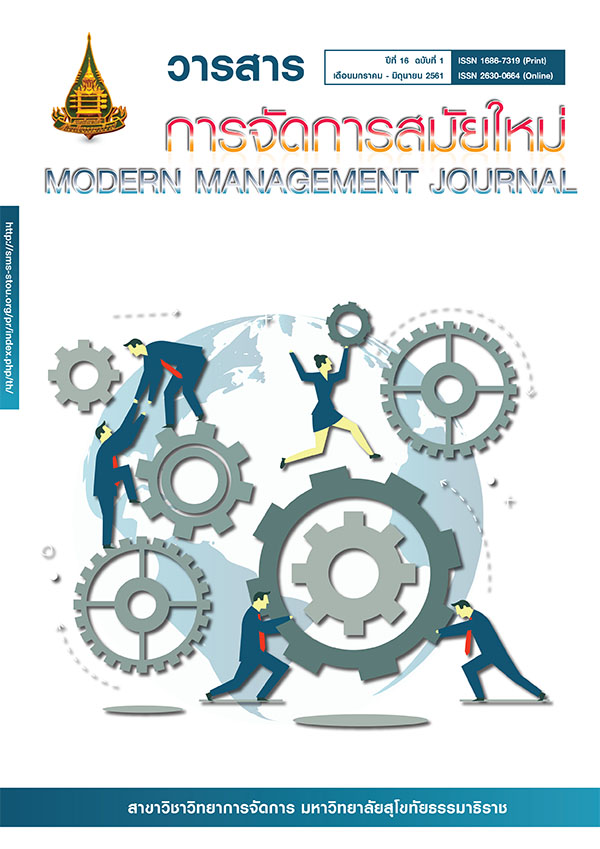DRIVERS IMPACTING RESIDENTS’ ATTITUDES TOWARD SPORTS EVENT TOURISM: A HYBRID SEM-NEURAL NETWORKS APPROACH
Keywords:
resident attitudes, sports events tourism, social exchange theory, neural networksAbstract
Sports event tourism has seen a global rise in popularity. Not only does it helps to promote the importance of wellbeing, yields excitement for individuals, but it also plays a significant role in boosting the economy of host cities and brings about many other benefits for local residents. To optimize sustainable sports event tourism, it is fundamental to understand local residents’ views and concerns toward the happenings of sports events. Harmonious integration of all parties involved is critical to the success. Therefore, this study aims to explore the residents’ attitudes toward sports event tourism development based on a triple-bottom-line approach for tourism impacts. As a part of this research, a theoretical framework was proposed and the required data was collected via a face-to-face survey conducted in Saensuk, a beach city along the Eastern Gulf Coast of Thailand that aspires to be recognized as a sport city. The 456 questionnaires were completed were subsequently analyzed by applying the structural equation modeling (SEM) and artificial neural networks (ANN) techniques. The findings yielded by these strategies revealed that all sports event tourism impacts—including socio-cultural, economic, and environmental—are significant contributors toward the total impact on local residents’ perceptions. In addition, this overall impact affects residents’ level of encouragement for sports event development. These results can contribute to a better understanding of residents’ perceptions of the impacts associated with sports event tourism.



